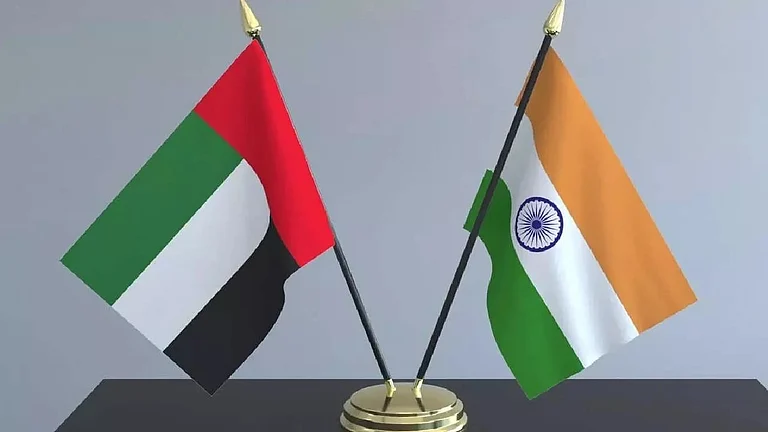
AISTA has urged the government to allocate sugar export quotas only to mills willing to ship from their own facilities.
The trade body said the present quota distribution allows remote or export-reluctant mills to sell allocations, leading to excess sugar stocks and hurting profitability.
Sugar trade association AISTA on Wednesday requested the government to allocate export quotas only to mills willing to ship from their own facilities, saying the current system hampers exports and hurts mill profitability.
The All India Sugar Trade Association (AISTA) said the existing quota system, which distributes limited export allocations to all mills based on past production, allows remote or export-reluctant mills to sell their quotas to others, leaving substantial quantities unexported.
"This leads to mills located at remote places or not interested in exports to sell their export quota to others. A substantial quantity even remains unexported, resulting in a higher than desired stock of sugar with mills," AISTA said.
Sugar exports are currently on a restricted list, with the government controlling volumes through quotas distributed proportionally among mills.
AISTA also criticised the 50% export duty imposed on ethanol since January 15, 2024, saying it has failed to boost local supply as intended.
The contribution from C-heavy molasses to India's ethanol programme remains below 2%, the association said in a statement.
The trade body argued that restricted exports have hurt mills without distilleries, impairing their ability to export molasses and make timely payments to sugarcane farmers.
India exported 6.44 lakh tonnes of sugar through August 8 in the 2024-25 marketing year (October to September), with Somalia receiving the largest shipments of 1.26 lakh tonnes, according to AISTA data.
The government permitted sugar exports for 2024-25 on January 20, 2025, allowing total shipments of 10 lakh tonnes for the marketing year.
































